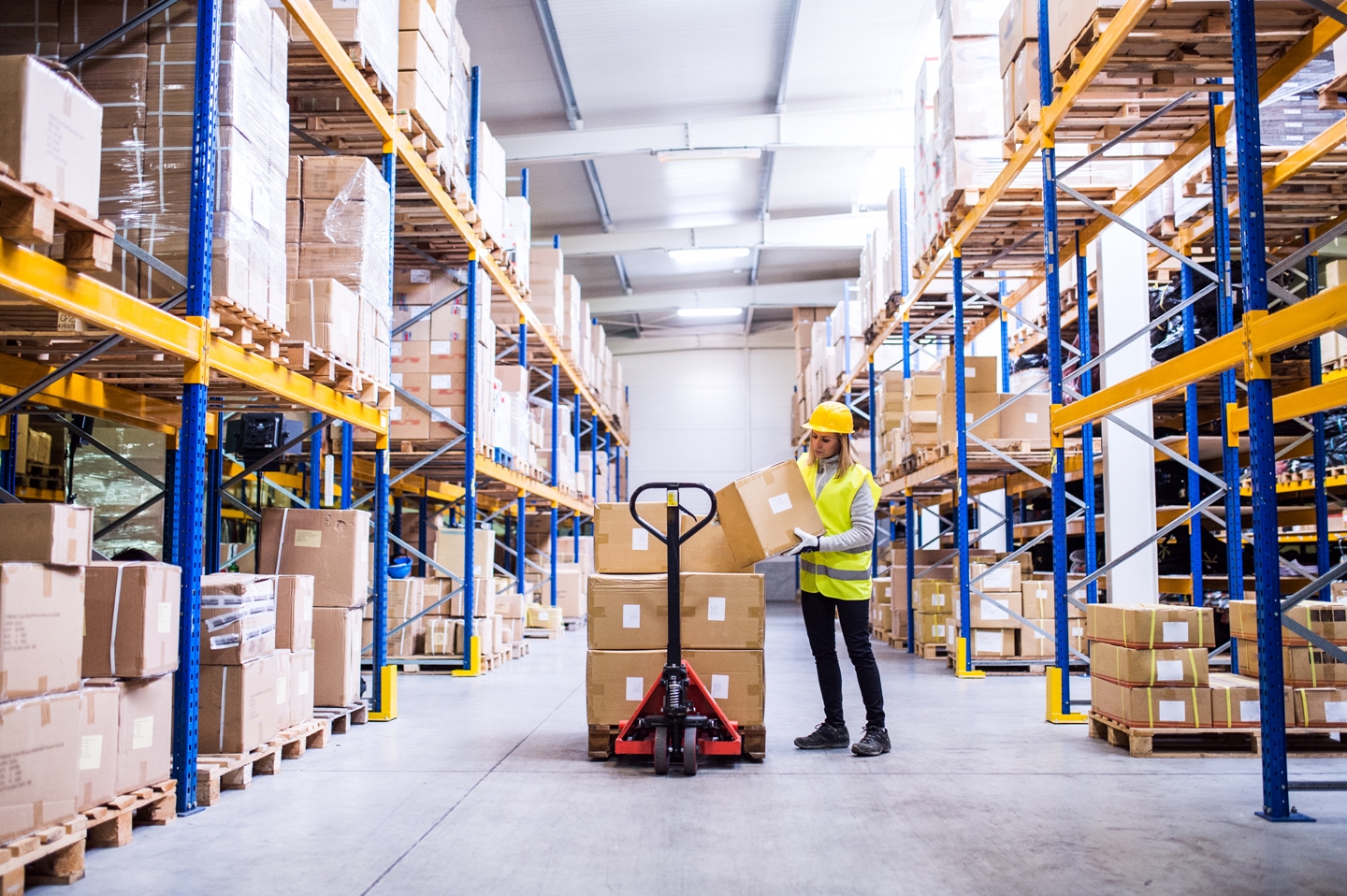Craig Ormerod, Senior Manager at product testing and certification organisation, TÜV SÜD provides insight into the problem of avoiding supply chain fakes
While it is common practice for manufacturers and retailers to source components and finished goods from anywhere in the world, companies that buy directly from manufacturers outside the EU and the UK cannot rely on their supply chain to take on the compliance burden of proof. They may have directly checked the quality of their immediate supplier’s operations, but how can they be assured that component manufacturers further down the chain are as rigorous in their quality control?
Not only can products and components be counterfeit, their testing and compliance documentation can be too. As the value of certification increases, there are reports of “agents” claiming to be able to help attain the EU’s CE marking certification – which would normally take weeks or years to complete.
It is therefore recommended that a business seeking or relying on certificates, from either a third-party test house or certification services company, checks their credentials. They should be accredited according to established accreditation standards, recognised by relevant government authorities, and able to provide clear information of their scope and certification status on a publicly accessible platform, such as a website.
The ideal scenario of fully and regularly auditing all the suppliers in the chain often cannot be justified financially. A more realistic approach is to create a supply chain matrix and focus the audits on the high-risk suppliers with which there have been issues in the past.
Another issue in the supply chain is that very often the final products supplied are not the same as those ordered. For example, a product exhibited at a trade show may subsequently require a reduction in production costs to win a big order and this leads to an adaption of the final product and its components, and a degradation in the quality of the final product compared to the original sample.
Ideally, testing should be done before the product is shipped to provide the evidence that it complies with all functional and regulatory requirements, and the buyer should insist that this be a condition of sale. Factory inspections can also be carried out to check the authenticity of a manufacturing facility as sometimes the quality of products in mass-production are not of the same standard as those submitted for testing and certification.
One important tip is to save valuable time by selecting products which have already been tested and certified, asking for pre-production samples and compliance documentation for evaluation. Such products may carry a price premium, but they will help to protect brand reputation and save costs further down the line when validating the evidence becomes more burdensome.
It is also important to ensure that any factory you deal with outside the EU or UK has a Quality Management System in place, such as ISO 90001, and is regularly audited by an independent third-party. Pre-shipment and post-shipment inspections that take random samples from boxes will also ensure that the goods meet expectations before taking delivery.
Before the products are sold in the EU or UK markets, samples should be sent for a ‘spot-check’ so that they, and their test and certification evidence, can be verified as being compliant. Ensuring the correct testing and inspections are completed at an early stage minimises the risk of consumers complaining about a product and enforcement authorities insisting on it being withdrawn from the market.
Counterfeit products are more than just “fake goods”, as their unintentional or intentional use they can be dangerous and, at worst, deadly. Ensuring compliance and avoiding fake goods across the supply chain may at first appear a complex task. However, investing in the validation of products will reassure retailers that their supply chain complies with applicable legislation and that consumers are protected.
- UK manufacturing steps up to COVID-19 crisis - April 2, 2020
- Clustering Innovation - March 12, 2020
- A Global Monitor - March 6, 2020

